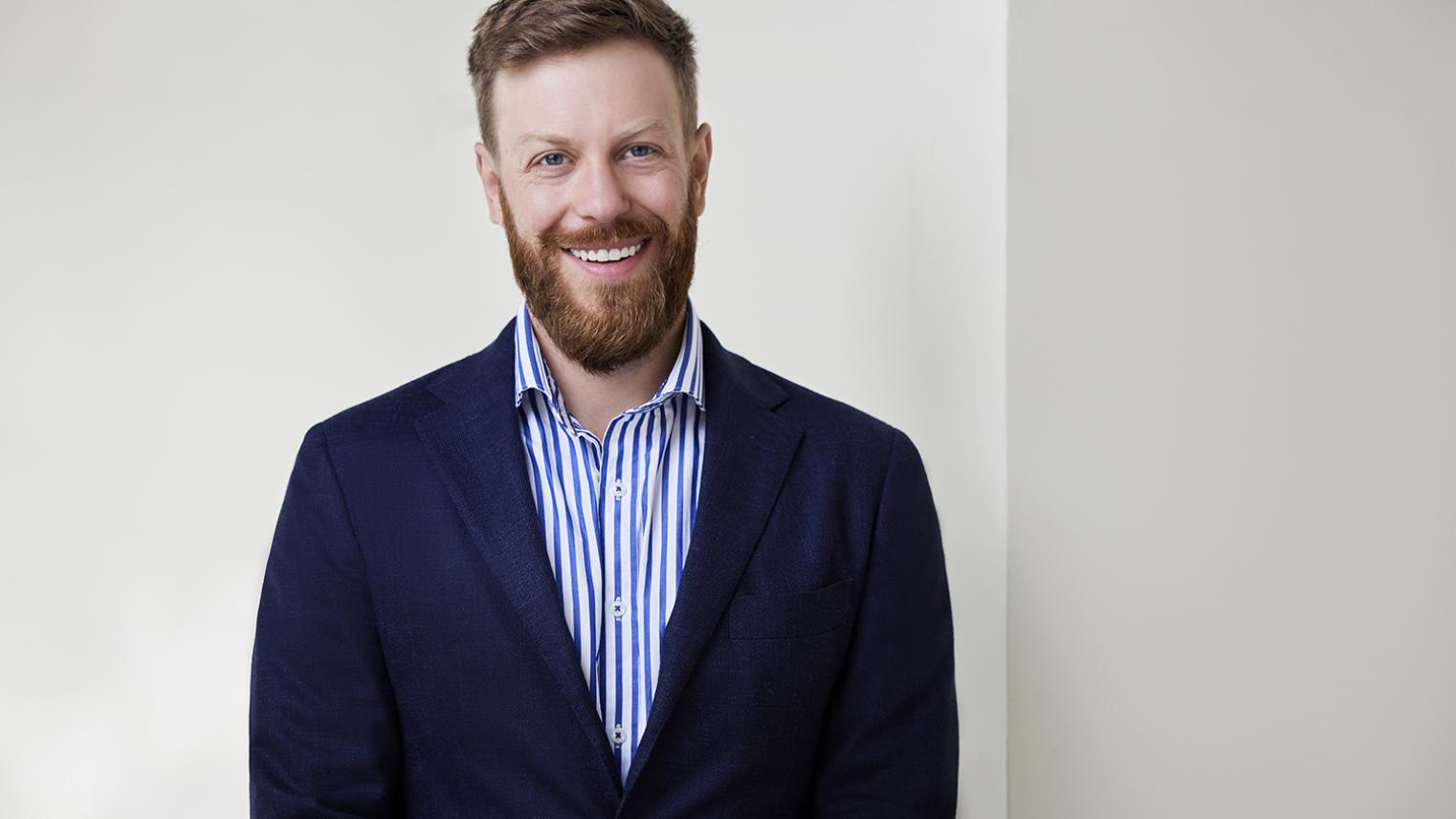Nick Frank: Navigating the PhD journey

Recent graduate Nick Frank, who received his Doctor of Philosophy in Regulation and Governance from the ANU School of Regulation and Global Governance, shares his PhD journey in this Q&A.
Tell us a little about yourself.
I am originally from South Africa but have lived and worked in the US, UK, Switzerland, and Australia. Prior to starting my PhD, I worked for the World Trade Organization (WTO) and the International Centre for Trade and Sustainable Development (ICTSD) in Geneva.
How did your interests in trade and investment governance arise?
I have been interested in the political economy of trade and investment since I was an undergraduate at the University of Cape Town. That interest led me to the London School of Economics and an MSc in international political economy and onwards to Geneva and the world of international economic organizations. As much as I enjoyed working at the coalface of trade policy, I knew that I wanted to do a PhD down the track.
Maybe I shouldn’t say this, but I didn’t have a single unifying idea for my thesis. Rather, I pursued a number of questions that interested me – how the trade governance architecture has evolved over time, the structural factors that underpin trade agreement formation and design, and the way in which ideas and treaty language diffuse – and then tried to bring them together into something coherent. I’m not sure that I would necessarily encourage others to follow this approach (there were a lot of sleepless nights and moments of anxiety) but it certainly expanding my methodological and theoretical toolkit.
What led you to enrol in with RegNet and having Professor Susan Sell as your supervisor?
I was originally enrolled in an international economics PhD, but swiftly realized that my research interests lay outside the boundaries of mainstream economics. Luckily for me, Susan had recently moved to RegNet from the US and was available to supervise me. From my first meeting with Susan, I knew that we would work well together – it helps that we are both trade and political economy wonks with a passion for equitable and sustainable trade. Four years later and I can safely say that the decision to work with Susan is one of the best decisions that I have made!
How would you describe your experience at RegNet?
The PhD experience can be challenging – it certainly was for me. I was incredibly fortunate to be able to call on the staff and students at RegNet for professional support as well as comradeship. RegNet supported my research in Canberra and funded my methodological training at the University of Michigan – this training was invaluable and underpinned much of my PhD. The care and commitment of RegNet staff is quite remarkable and I can safely say that I would have no hesitation in recommending RegNet to prospective scholars.
Highlight of your PhD journey?
The biggest highlight of my PhD journey is actually not related to my PhD – it is the birth of my son Max. There is nothing like having a new baby to focus the mind and to put the trials and tribulations of a PhD in context.
Tell us about the work you are currently doing at RegNet
My latest role is as a Laureate Research Fellow with the Planetary Health Equity (PHE) Hothouse. The overarching goal of the Hothouse is to inform policy and regulatory actions that optimise social equity within planetary boundaries. I am currently working on understanding the governance structures that have given rise to the global consumptogenic system. More specifically, I am investigating the state-of-play of the global governance architecture for PHE, examining the ways in which different growth models influences PHE, and identifying some of the causal processes that underpin the operation of the consumptogenic system.
What advice would you give to prospective PhD students?
Based on my own mistakes, I could probably write a book on what not to do as a PhD candidate! That said, here are a couple of thoughts:
• The PhD journey is tough and will call on your mental and physical reserves – ensuring that you develop a sustainable work-life balance early in the PhD can be helpful and give you staying power.
• Assume that your project will change. The final draft of my thesis bears almost no resemblance to my initial thesis proposal.
• Read as widely as you can. Reading outside your discipline can broaden your research horizons and expose you to new theories and methods.
• If possible, don’t work solely on the PhD. While completing my PhD, I consulted for various international organizations and taught undergraduate classes in another school. At times the non-PhD work felt like a time sink, but in retrospect it was invaluable in giving me space to gain some perspective on the PhD, an opportunity to learn new skills, and exposure to new literatures.